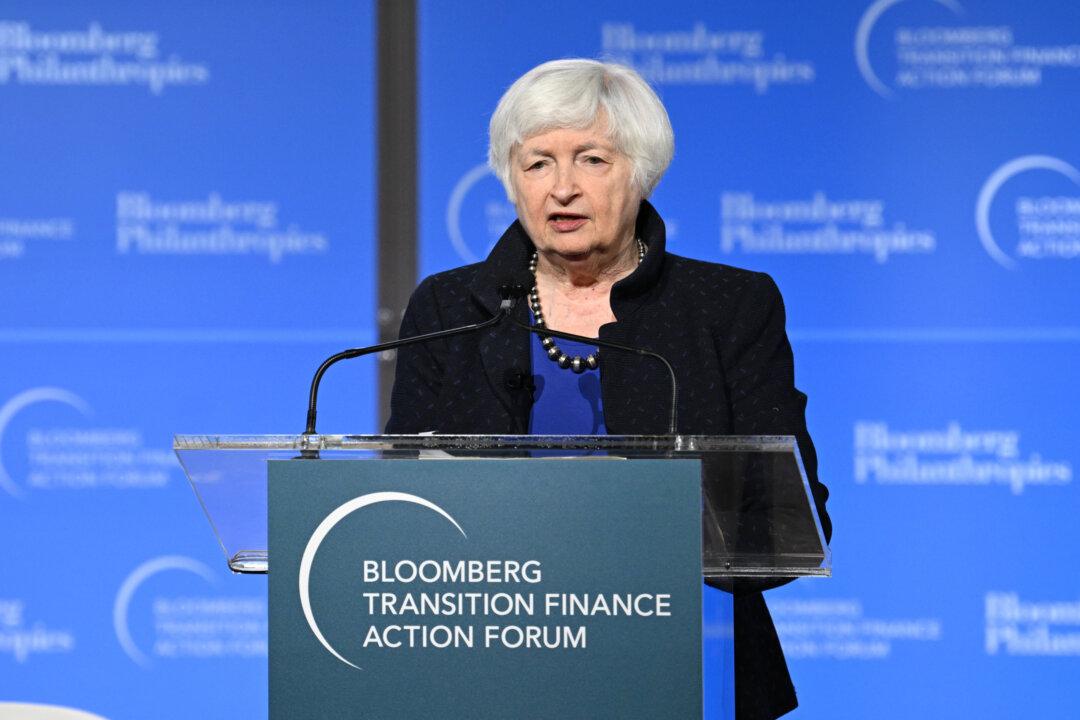The U.S. Treasury Department this week announced its “Principles for Net Zero Financing & Investment,” which pushes banks, insurance companies, and asset managers to unite behind U.N. climate goals.
This latest Biden administration initiative against the fossil fuel industry comes at a time when many state officials have been pushing back against the environmental, social and governance (ESG) agenda, including boycotts of ESG banks and fund managers, as well as potential antitrust actions from state attorneys general.





